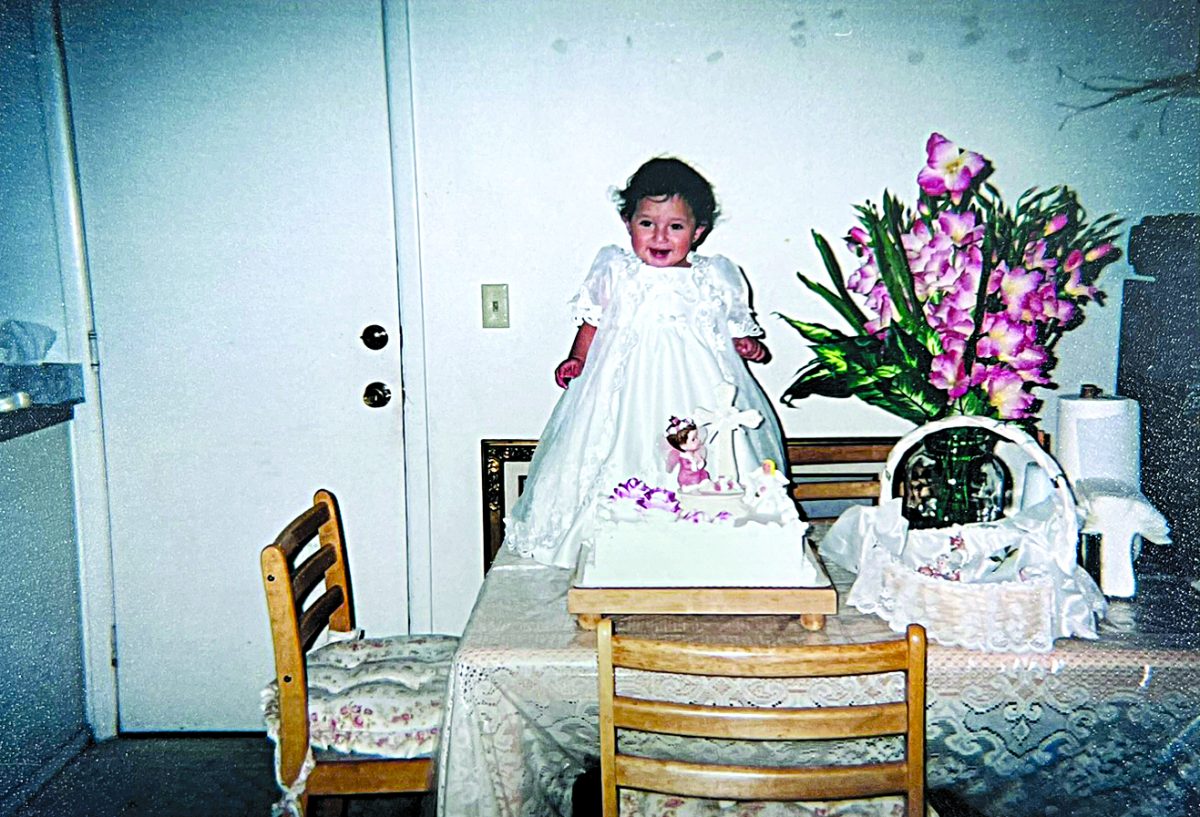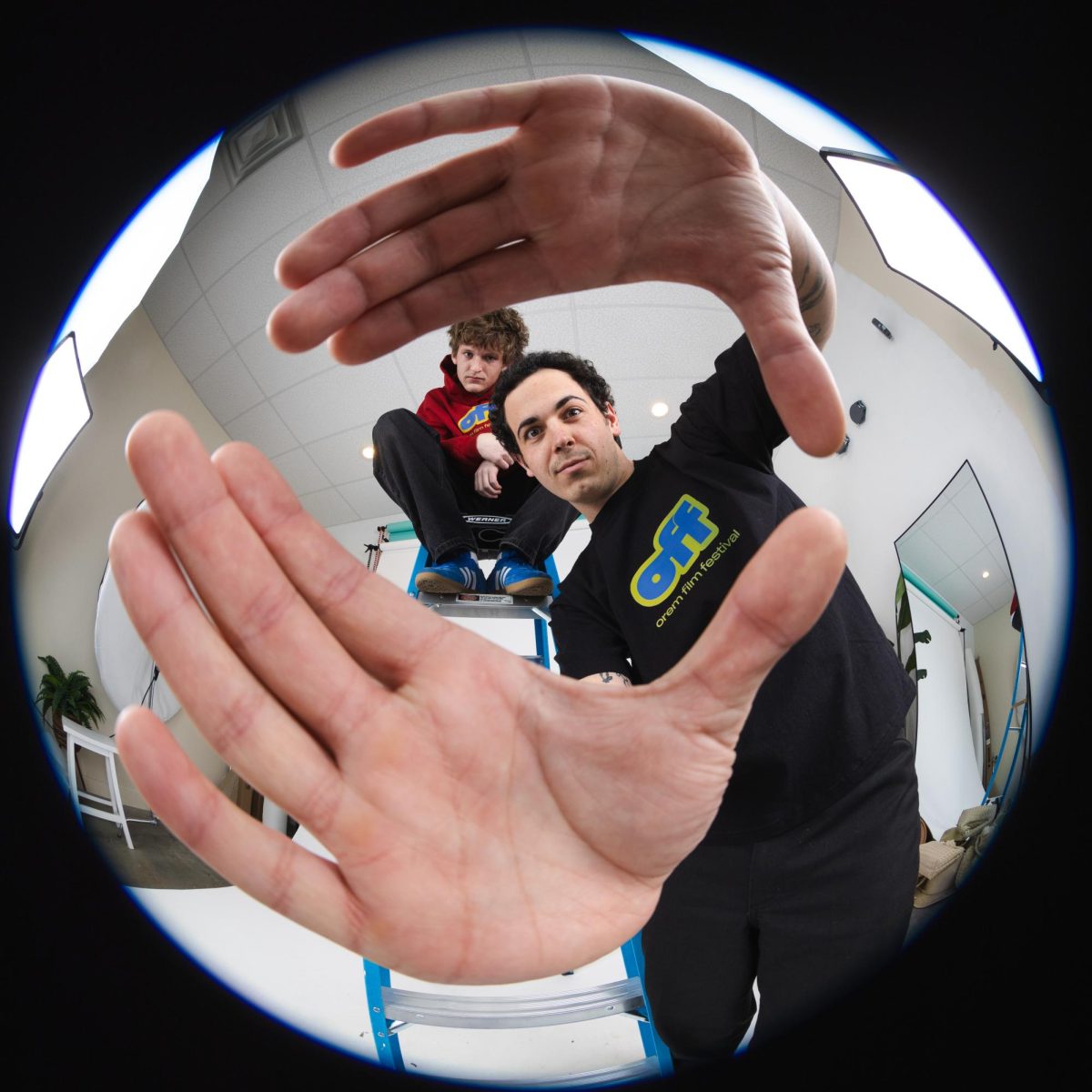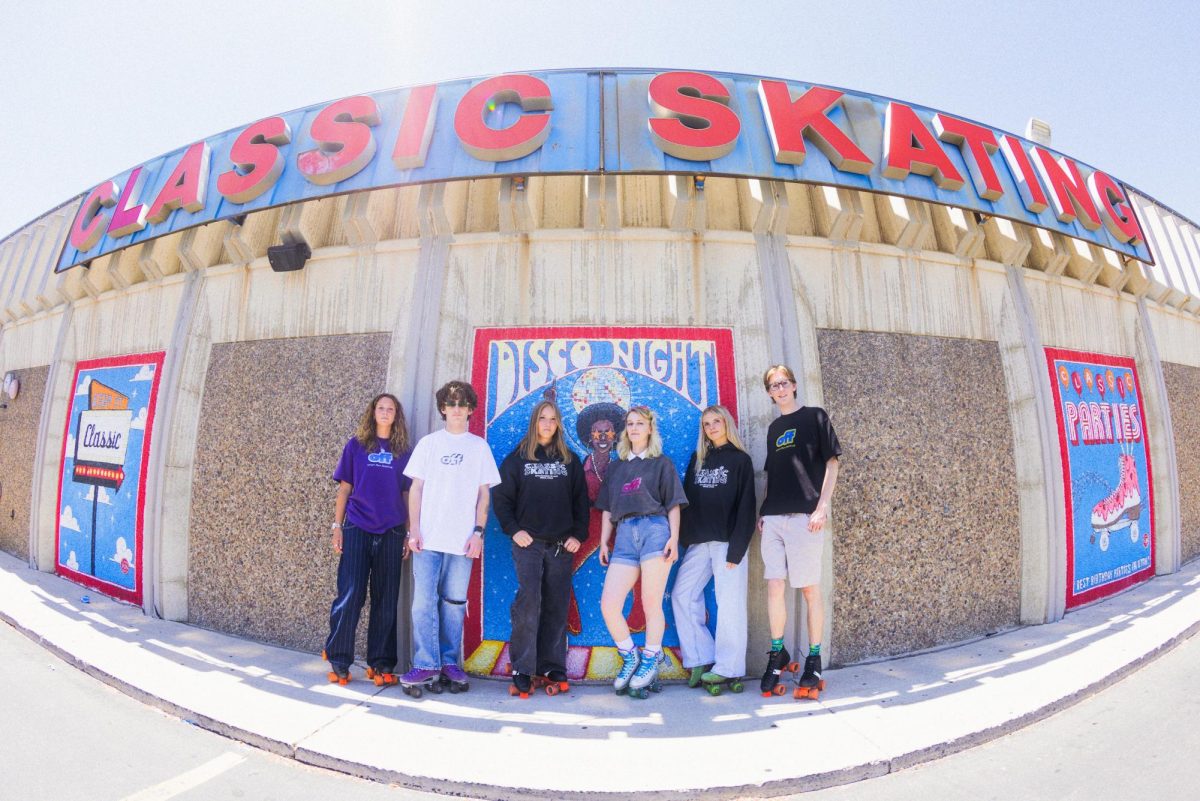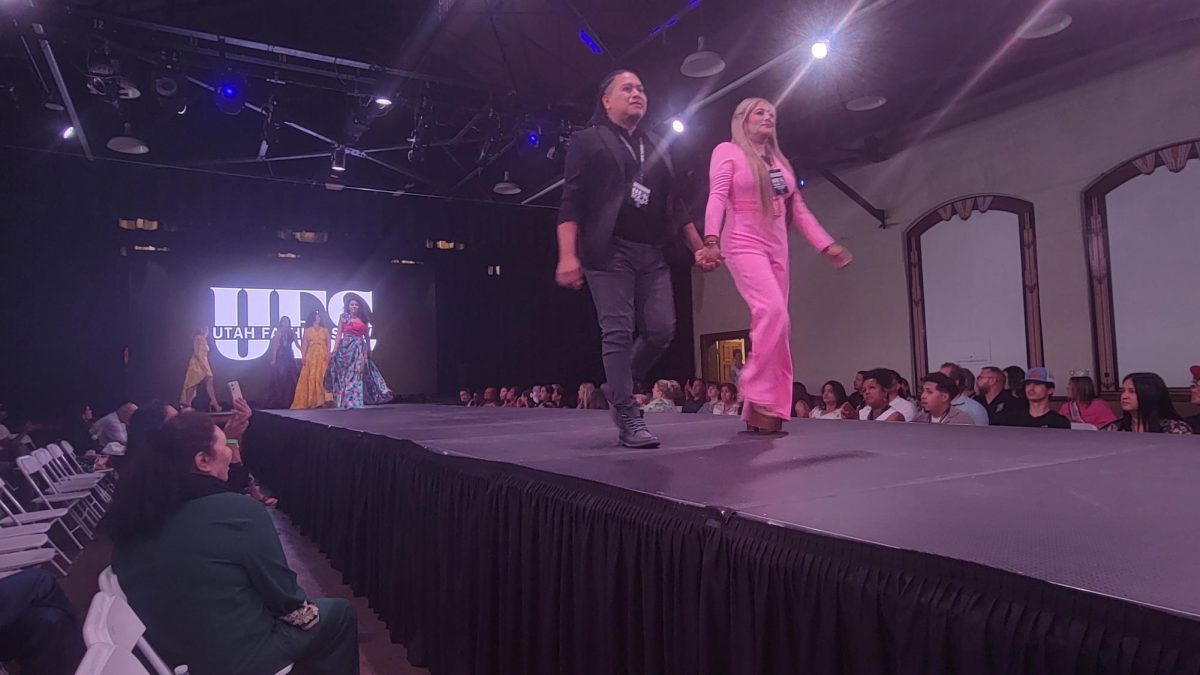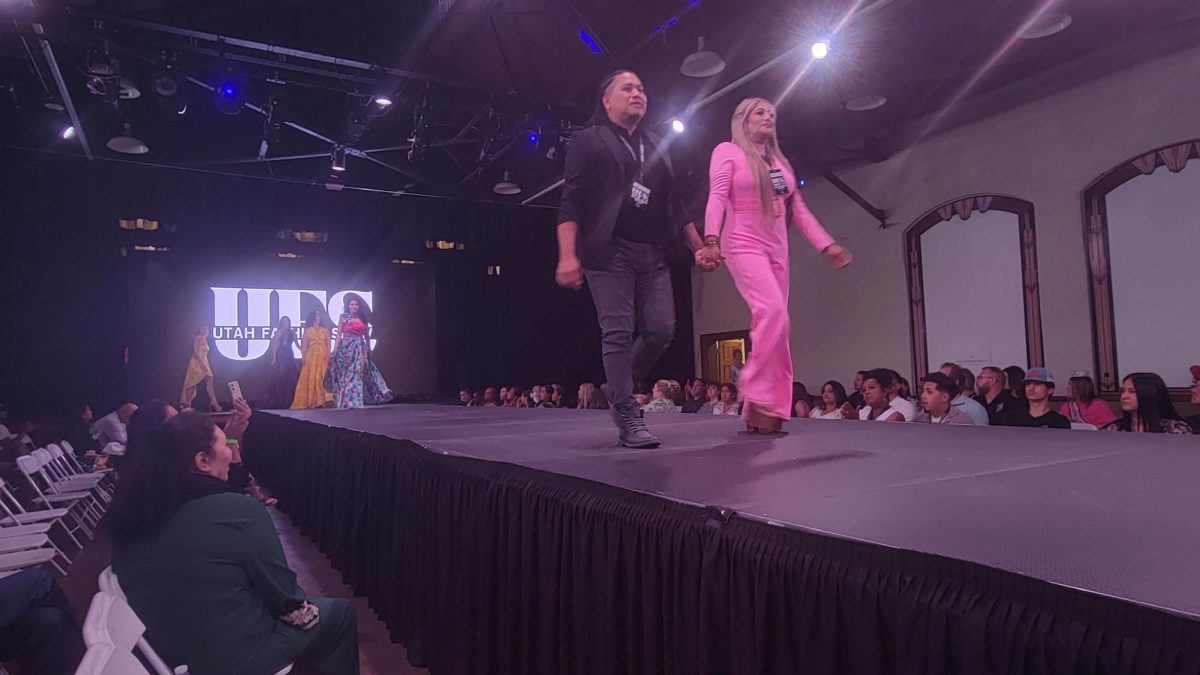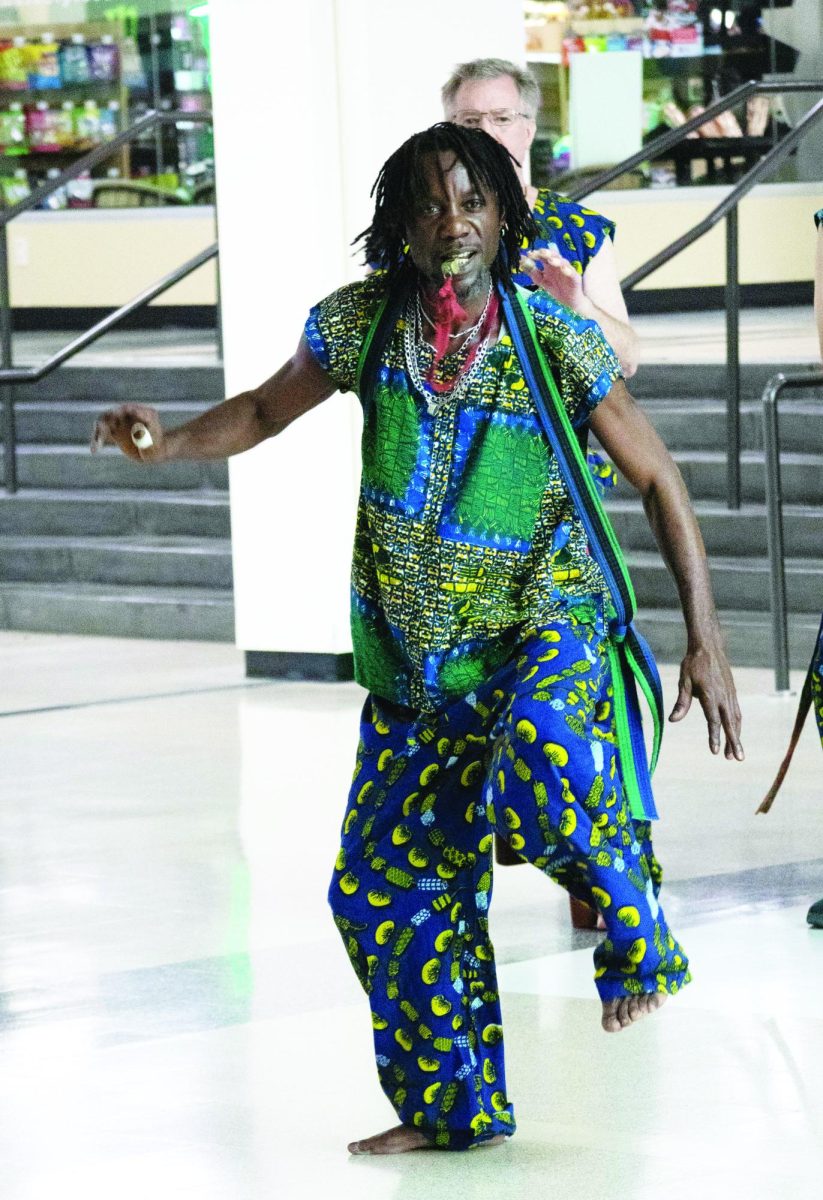Hispanic Heritage Month starts every year on Sept. 15 and ends on Oct. 15. During this month, we celebrate the history, culture and impact of the Hispanic and Latino communities. We honor Hispanic and Latino culture through music, food, traditions, advocating for civil rights, educating on the differences between our ethnicities and more. Even though it’s an entire month dedicated to us, I hadn’t heard much about it until recently.
In reality, I didn’t know how to feel about Hispanic Heritage Month. I didn’t know it existed until recent years. We’re not taught about the history or importance of Hispanics and Latinos unless it’s in relation to another country. One of the reasons why Hispanic and Latino Heritage Month isn’t celebrated at the beginning of the month is because multiple Central American countries such as Costa Rica, El Salvador, Guatemala, Honduras and Nicaragua celebrate their independence day on Sept. 15. We try to keep our culture alive through changing and keeping things the same over time as more people leave their home country to find better opportunities.
I’ve noticed that many of the stories of Hispanic and Latino immigrants are similar. It’s very common for our parents to arrive in the United States with nothing, start over, work for hours on end, maintain their family and begin to form connections and relationships in an unfamiliar country, leaving everything behind in the hopes of finding jobs and better opportunities for themselves and their children. My parents share a story similar to other immigrants.
My family is Peruvian. My parents went to school and got their master’s degrees in Peru where my mom studied Obstetrics and my dad studied Criminal Justice. My mom was an obstetric nurse and my dad was a lawyer. Despite their efforts, my parents couldn’t find a job. Not only that, but the terrorism they were witnessing influenced their decision to immigrate to the United States.
My parents got to the United States on Jan. 11, 2001. From then on they decided to move to West Valley City, Utah. There, my four siblings and I were raised, building our own relationships and community in a city where there were people who looked like me.
Having grown up in West Valley City is a fundamental part of me, but it’s also a fundamental part of Utah. West Valley City is one of the most diverse cities in the entire state with 25.2% of its population being Hispanics and Latinos; all made up of different ethnicities. There are different events and celebrations for different Hispanic and Latino countries and ethnicities, restaurants, stores, dances, concerts, religious ceremonies and more.
Among Peruvians we have the Peruvian Festival, la misa del Señor de los Milagros (the Mass of the Lord of Miracles), and we also support different places and people that sell food. The Peruvian Festival is celebrated every year in the days around July 28, the Peruvian independence day. We get together to eat, dance, chat and share nicknacks. A few places to eat include El Rocoto, Casa Perú, Manos Morenas, El Rico Sanguchom D’chalo and more. After la misa del Señor de los Milagros, we form a procession, pray and are blessed and given flowers. These events molded my child and have become a part of who I am.
When I arrived at Weber State University, I wanted to be a part of something besides what I was studying, which at the time was astrophysics. During orientation, when I was checking out clubs and extracurricular activities, I noticed a table that had some papers on it which turned out to be newspapers. There I found The Signpost, the university newspaper made by students, and it seemed interesting.
I liked writing, but I didn’t have the confidence to be a reporter. I saw that they had positions for translators, so I applied to be one without expecting anything because I figured I wouldn’t be accepted, but later, when I got accepted, I felt accomplished. Despite Spanish being my first language, being bilingual and knowing how to write decently in Spanish, it was difficult for me to translate. After a time, however, I realized that translating was something that made me feel happy, and I felt like it was the only thing that I really liked about school. I ended up changing my major from astrophysics to Spanish Translation.
After some time improving my ability to translate, I applied to be a Translation Editor, and was able to get the position. During my time at The Signpost, I have been able to form friendships and professional connections. Signing up and participating at The Signpost has had an enormous impact on me in my time at college.
Now, what Latin and Hispanic Heritage month means to me is having perseverance and pride in our roots. My parents, my community and those that came before me represent what it means to be Hispanic and Latino. I am proud to be Peruvian, both in my identity and in my path in life.


